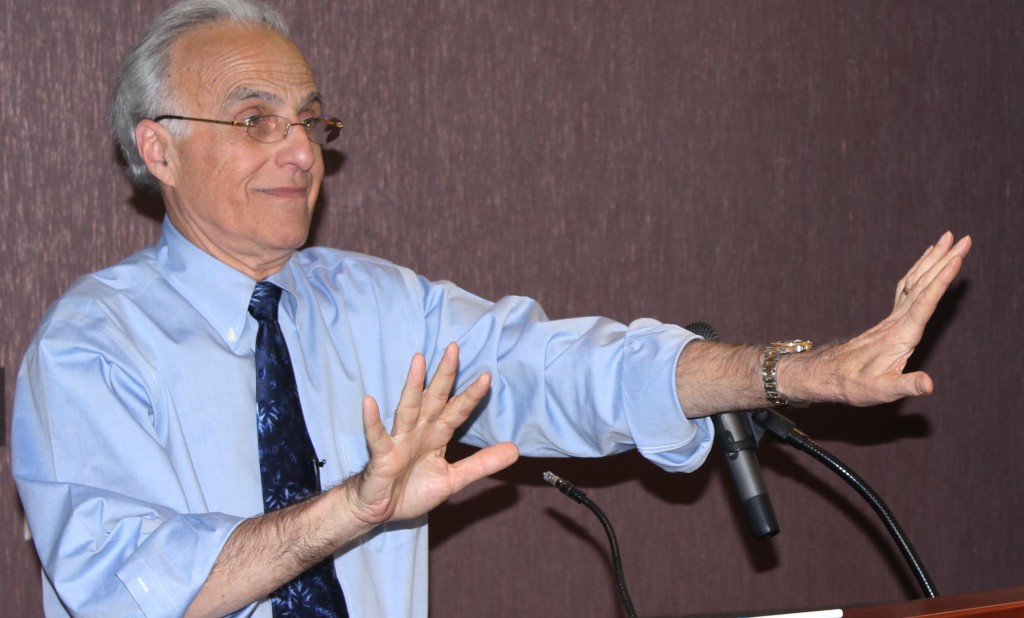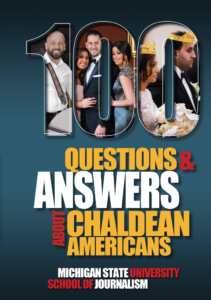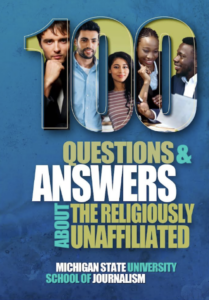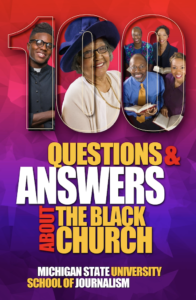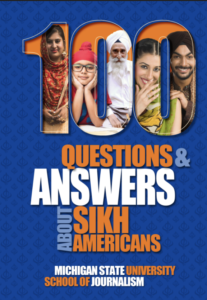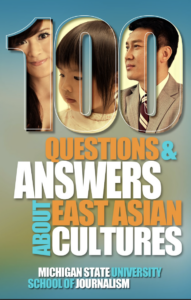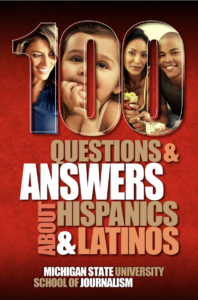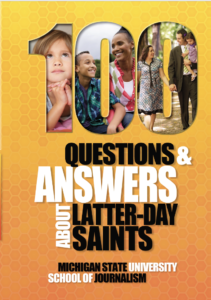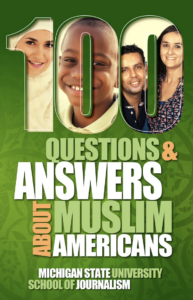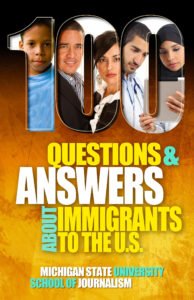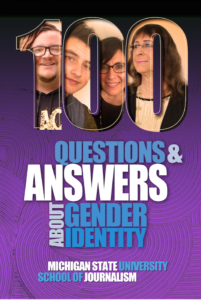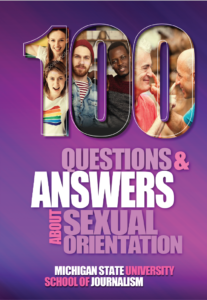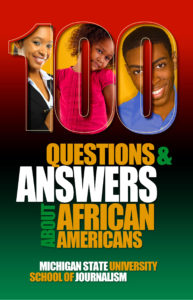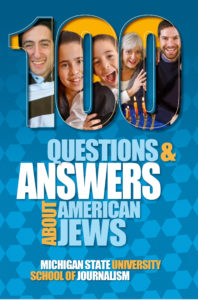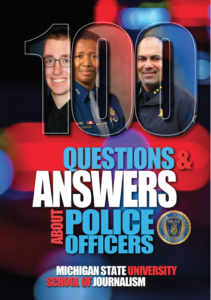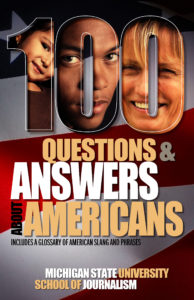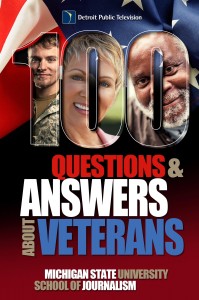Anti-Islamic sentiments might seem to bubble out of events like 9/11 and extremism, but John L. Esposito blames a deliberate and well-orchestrated campaign. He said it is driven by people seeking ideological, religious, political and financial gain.
Esposito is a professor of religion, international affairs and Islamic studies at Georgetown University. He is the author of more than 25 books including “What Everyone Needs to Know About Islam.” Esposito also wrote the foreword to “100 Questions and Answers About Muslim Americans” in the Michigan State University School of Journalism’s Bias Busters series.
He delivered the Feb. 19 keynote for MSU’s “Global Halal” conference, organized by the university’s Muslim Studies Program. Halal means foods, objects and actions that are permissible under Islamic law. Lead organizer Mohammad Hassan Khalil, director of the MSU Muslim Studies Program, said Esposito is “the most widely recognized scholar of Islamic studies in the Western Hemisphere.”
Esposito said Muslims are under attack from a coalition that uses the Internet to overlap and repeat its messages.
“Popular culture is framed for the past decade and increasingly today by the Internet. It’s not TV,” he said.
On the web, through layered sites, posts, commentaries and books, words like jihad and Shariah have been distorted and used to fan intolerance, Esposito said.
He said that four factors contribute to this dynamic:
• Fuel from real violence that extremists attribute to Islam. Esposito said, “How that fact on the ground is framed or interpreted is the issue.“
• Condemning Islam is rewarded with votes and millions of dollars in royalties, speaking fees and advertising.
• A decline in news reporting and the “if it bleeds, it leads” mentality that skews coverage toward incendiary events without context or balancing coverage.
• An organized Islamophobia network.
Esposito challenged American Muslims to tell their stories and to mobilize to get the word out about their beliefs and values.

